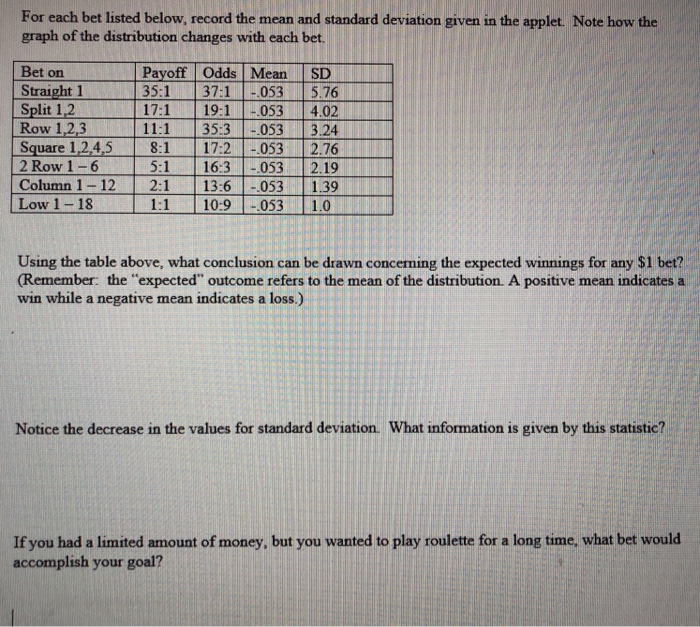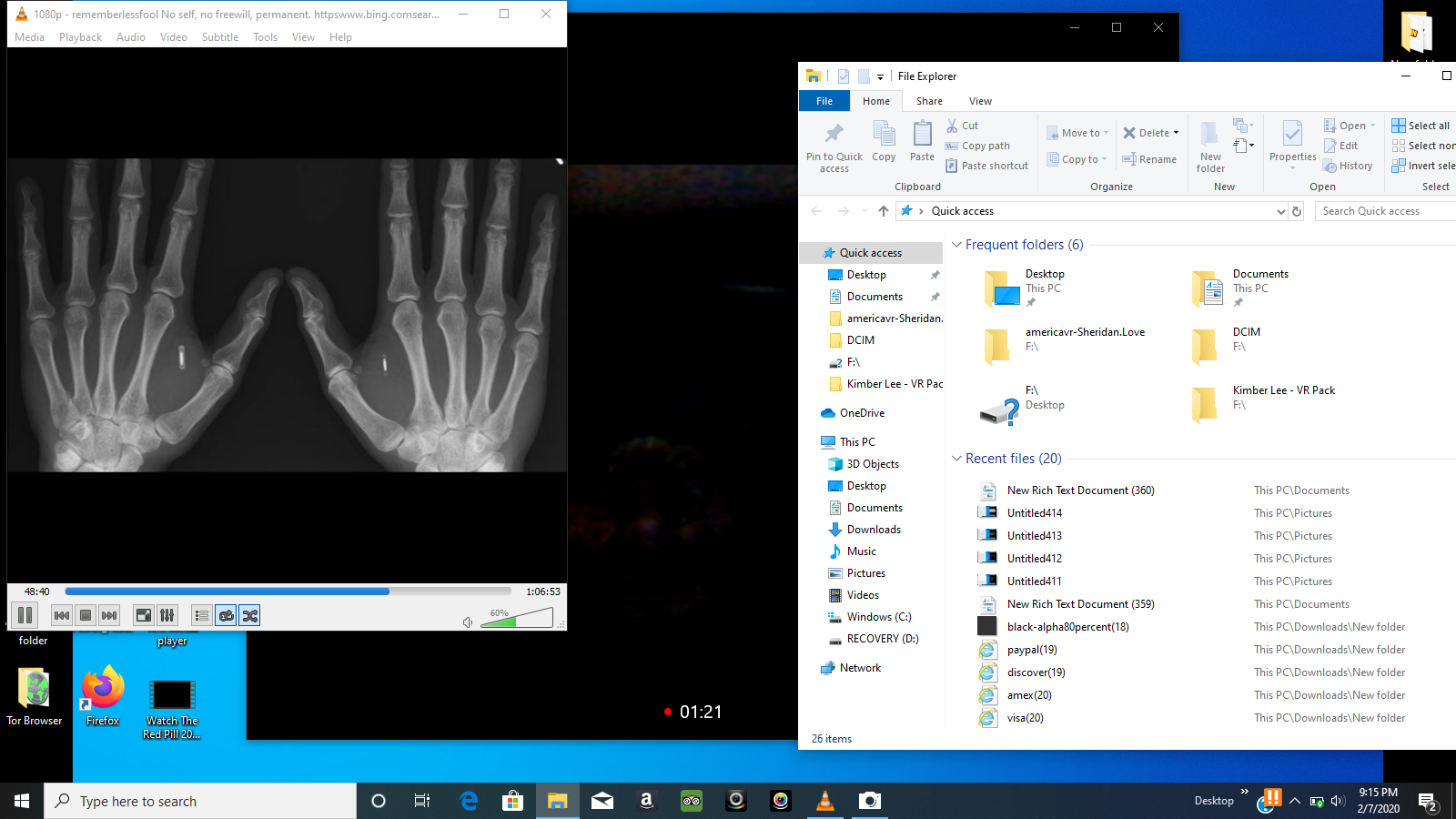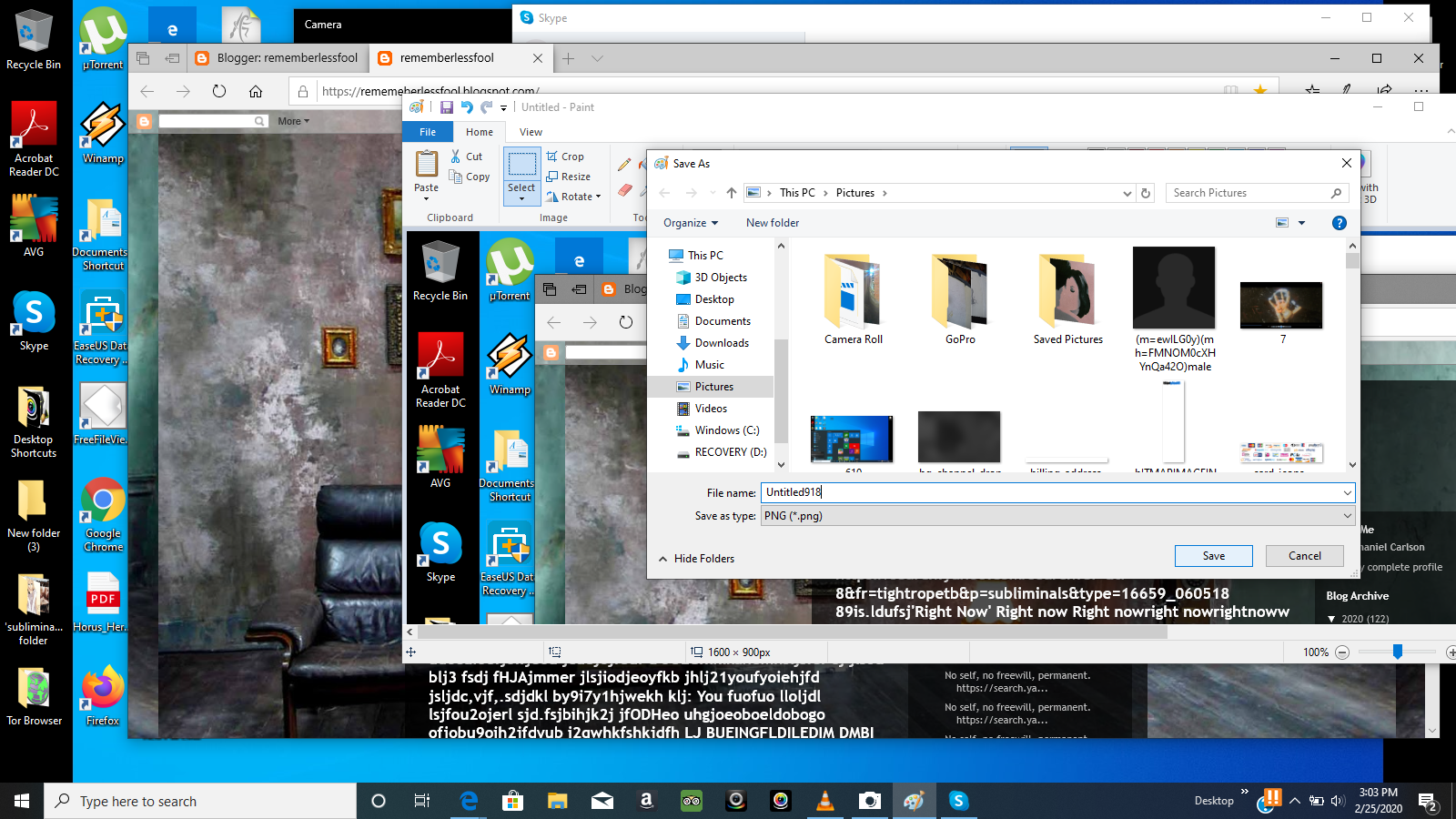What Do Negative Odds Mean
Thus, odds of 3 to 1 mean the first party (the bookmaker) stakes three times the amount staked by the second party (the bettor). What is Probability? At the most basic level, betting provides you with the ability to predict the outcome of a certain event. If your prediction is correct, you will win money. In a betting line between two teams, the team expected to win, or favorite, will have minus or negative odds. This means for every dollar wagered, you will earn less than a dollar if your bet wins. The team expected to lose, or underdog, will have positive or plus odds.
NCAA Football Betting Terms

Action: A bet of any kind.
ATS: Abbreviation for Above the Spread
Back-door Cover: This term refers to meaningless points scored late in the game by the underdog team to cover the spread.
Book: A sportsbook or a betting establishment that offers odds and accepts wagers.
Bookie: A person (or establishment) that takes bets on the outcome of sporting events.
Cover: If you beat the spread by the required number of points, you’ve ‘covered’ the spread.
Edge: This is the advantage in any wager.
Favorite: This is the team that is expected to win.

Front-door Cover: This is the opposite of Back-door cover. It is used in reference to the favored team scoring meaningless points late in the game to cover the spread.
Futures bet: This refers to placing a bet on any future event in the season. For example, putting down a bet early in the football season for who will win a bowl game.
Handicapper: This is a person who studies and rates sporting events.

Handicapping: This is when someone tries to predict the outcome of any given game.
Home field advantage: The edge a team is supposed to have when they play on their home field. Since the home field is a familiar turf and in front of the home crowd, teams are expected to perform better than they would if they were travelling thus giving them an edge.
Hook: This is a half point added to football odds.
Line: This is the odds, points, money line, or point spread offered on football games.
Linemaker: This is someone that sets the odds, points, money lines, or point spreads for football games.
Lock: This term is used to refer to an easy win.

Longshot: This is a term used to refer to an extreme underdog.
Moneyline: This refers to the amount of money a player must wager in order to win $100, or the amount of money a player wins if they put $100 on the underdog.
Oddsmaker: This is another term for the Linemaker. It is the person who sets the odds, moneyline, or point spread for football games.
Over/Under Bets: This refers to a bet on whether the combined total of the points scored by both teams will be more or less than a set number.
Overlay: This is a term to refer to odds that are higher than they should be. These odds favor the bettor not the house.
Parlay: This is a wager on two or more teams or outcomes where the selections must win in order for the bettor to win.
Past performance: This refers to any given team’s results in past seasons. This is particularly important when betting on NCAA football.
Player: This is a term that refers to any person that puts down a bet on any given sports event.
Point Spread: This is a number of points given to the underdog by the Linemaker in order to handicap the favorite. It can also be thought of in terms of the scoring differential between the two teams. The point spread is used to even the playing field.
What Are Negative Odds
Proposition Bet or Props: This is a bet placed on a specific aspect of the game, such as who will score first or how long the longest touch down pass will be.
Soft line: This refers to a line that has been adjusted because of the result of an action. It is not the true posted line.
Underdog: This is a term that refers to the team that is expected to lose.
What Does Negative Odds Mean
Underlay: This is a term that refers to odds that lower than they should be. These odds favor the house and not the bettor.